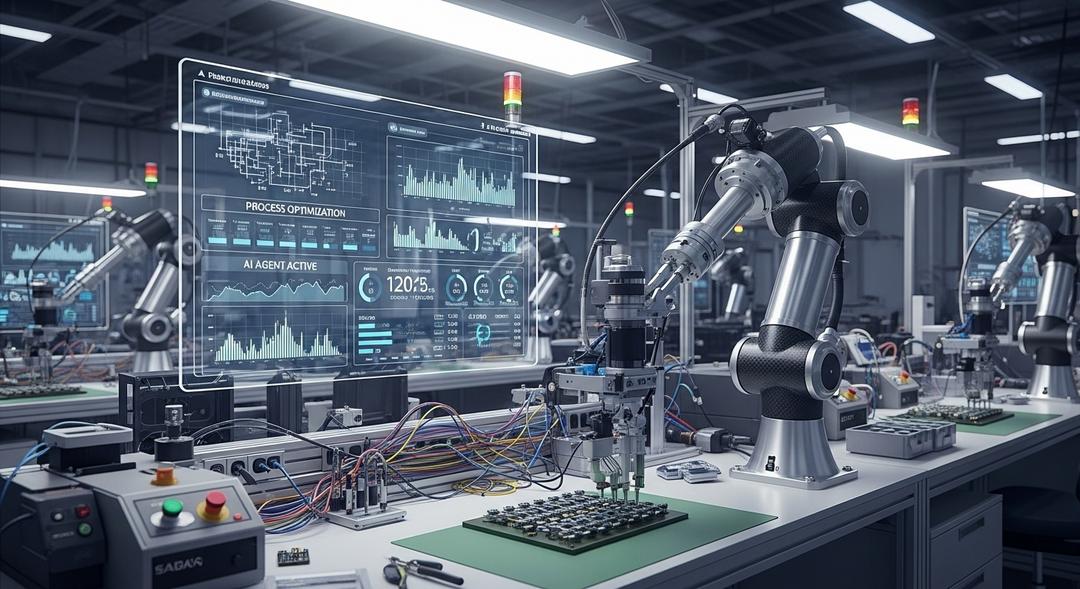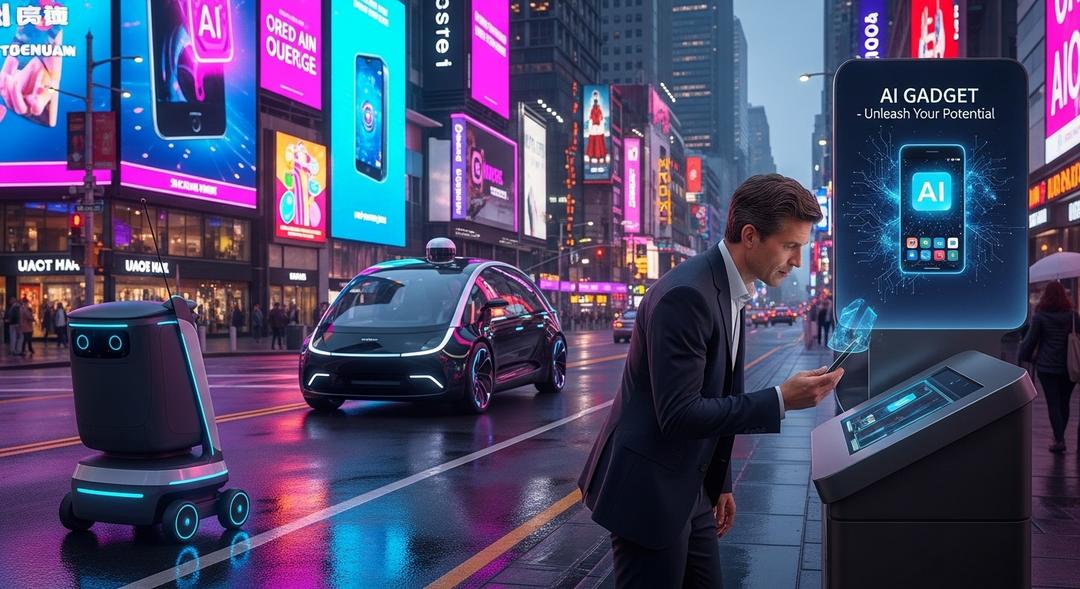There is something oddly entertaining about watching a room full of fifty-something executives trying to feign excitement as they enroll in a corporate Artificial Intelligence workshop.
They sit politely, expressions frozen somewhere between cautious optimism and mild confusion, counting the days until a LinkedIn post announces their certification in strategic AI fundamentals. Despite the enthusiasm emanating from energetic HR professionals—most still in their early thirties—who brandish terms like Reskill Revolution and Future Ready Workforce, actual comfort with AI remains elusive for many seasoned employees.
Digital expertise, supposedly accessible to anyone with a laptop and motivation, is served alongside expectations that every employee—from the office junior to the chief operating officer—will emerge from a two week course brimming with AI insight. Training budgets have ballooned as companies attempt to infuse the language of neural networks into daily routines that, for many, previously peaked at setting up a Zoom call.
Data engineers and math specialists who invested years in vector algebra or Bayesian probability now look on in bemusement, questioning whether their academic sacrifices were necessary when a two week workshop and some nervous enthusiasm seem to meet the new standard.
Old Habits and New Algorithms
Updating skills for the so called future is not new. One moment, digital transformation reigned as the solution, then came the cloud, which was soon eclipsed by blockchain promises. The buzz never ends, only morphs. Everyone is caught in a cycle where the present is constantly interrupted by LinkedIn posts about new threats and opportunities waiting just around the corner.
Vinay, a fifty two year old regional manager, typifies the generation feeling pressure to keep up. His digital achievements until now mostly involved creative file labeling and cricket score spreadsheets. When the HR representative cheerfully insisted he too must embrace AI, Vinay only shrugged, “Even us?”
“Yes,” came the reply, matter of fact, with a look that suggested the policy was as inevitable as sunrise.
It’s not about intellectual ability—these professionals can handle complexity, as proven by decades juggling careers, family, tech shifts, and health scares. They survived the screeches of dial up, battled floppy disks, and learned the hard way to never use “Reply All” in Outlook. Still, learning AI so late in the game feels more like learning ballet in retirement than being tasked with one more work project.
A friend named Bharat, highly respected in his leadership role, recounted a classic training session where he confidently nodded along with the instructor. Afterwards, he sheepishly whispered, “So when do we actually meet this machine that’s learning?”
The real challenge is not learning but unlearning. At a certain age, new technology is as daunting as a foreign language. The idea that anyone can master AI in a week feels almost absurd compared to the years it took to understand even the basics of a language.
The workplace, now splintered by lingo and generational experience, expects everyone to absorb entire vocabularies—machine learning, hyperparameters, unsupervised learning. The younger crowd glides through with ease, while their elders, who only just wrapped their heads around decimal points, contend with a full knowledge chasm.
Back in the day, reliance was on gut instinct, chalkboards, and paper trails rather than complex algorithms. The real asset was always emotional intelligence. “We may not predict churn, but we can tell by a single message that Jason from sales is about to quit,” goes the knowing joke.
Instead of transforming veterans into algorithm chasers, perhaps companies should let experience and intuition coexist with digital expertise. It may be far more valuable to pair industry wisdom with tech savvy, rather than expecting every employee to become an AI expert overnight.








